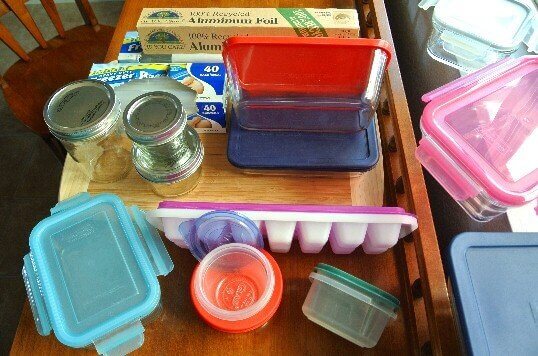Packaging plays a critical role in the success of any consumer product. The rigid food container is a popular choice due to the durable nature and protective properties of the materials. Brands seeking protection for their products often choose rigid packaging because of its protective properties, which are often stronger. The advantages of the rigid packaging of food products are its greater resistance, processing, high quality, and low impact on aromas. Consumer awareness of the sustainability and environment is likely to contribute to the growth of the global rigid food container market. The growing demand for rigid food containers is due to their characteristics such as lightness, low cost, resistance to crushing, addition to design flexibility, and the ability to improve advertising images.
To cite, SAVRpak, a start-up company based in San Juan, California, has developed skin and stick boards designed to absorb condensation in food containers, reducing the rate of deterioration of foods between the front door and kitchen restaurant. The company lifted the “Innovation Challenge” award sponsored by Procter & Gamble, which comes with bundled offerings of investment opportunities, cash prizes, and training for a traditional brand of household products.
The global rigid food container market is bifurcated based on type, material, application, and region. Based on type, the global market is diversified into boxes & cartons, trays, cans, bottles & jars, cups & tubs, and others. Moreover, the material segment is separated into cardboard, glass, metal, and hard plastic. The global rigid food container market is also segmented based on applications such as dairy products, poultry & seafood, fruits & vegetables, meat, and others.
The regional dominance of the global rigid food container market was held by North America earlier and is expected to maintain the momentum. The Asia Pacific region is expected to be the lucrative market for rigid food containers. The drastic shift in consumer eating habits has forced a majority of the food container manufacturers to expand their business horizons across different geographic locations. Following this trend, the Middle East and Africa region is also anticipated to show a positive growth trend in the coming period.
The leading key players operating in the global rigid food container market are adopting diversified ways to craft more innovative solutions. These players include Amcor Ltd., Smurfit Kappa Group PLC, Huhtamaki Oyj, Sealed Air Corp., Berry Global Group Inc., DS Smith PLC, Bemis Co. Inc., Ball Corporation, Crown Holdings Inc., Sonoco Products Co., Printpack Inc., and Packaging Corp. of America, among others.
